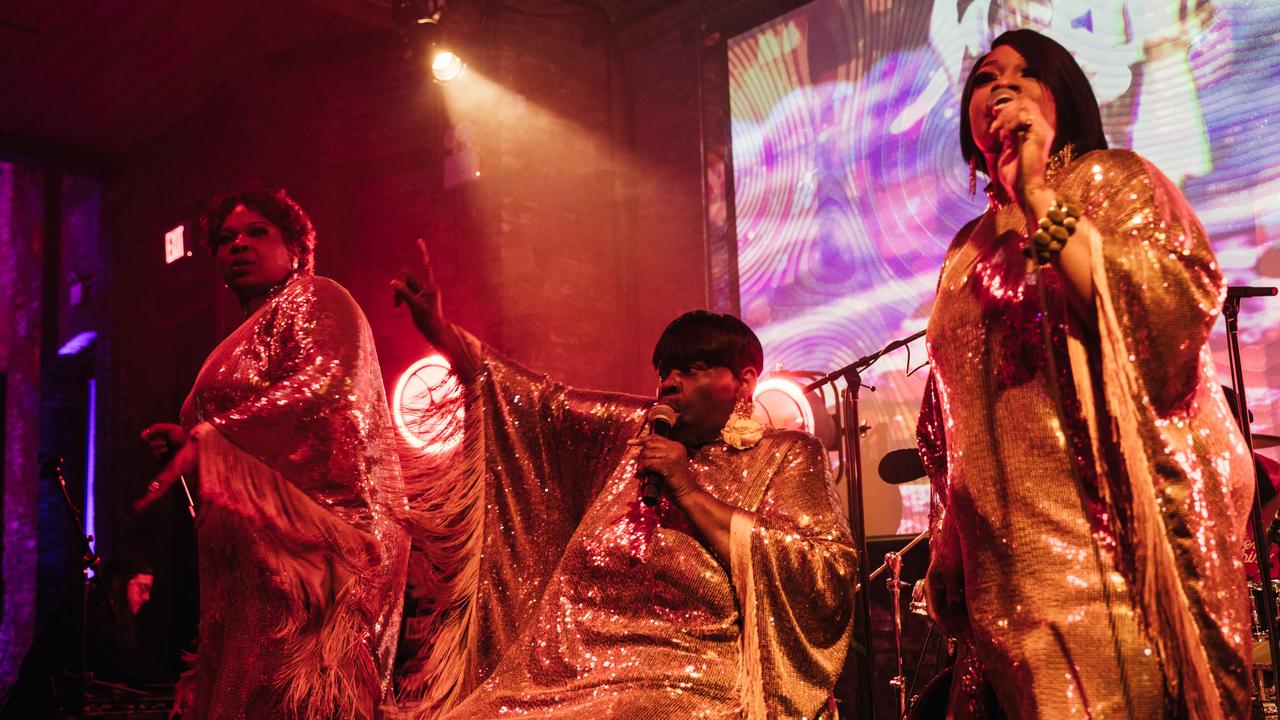The Good Mothers, by Alex Perry: women lifted lid on ’Ndrangheta mafia
Until recently few people outside Italy had heard of the ’Ndrangheta, one of the world’s most powerful crime families.

Until not long ago, no one outside of Italy had heard of the ’Ndrangheta. Yet they were one of the world’s most powerful and influential organised-crime families. With $US50 billion to $US100bn in annual turnover, the ’Ndrangheta (pronounced un-drung-get-ah) once controlled 70 per cent of Europe’s cocaine and heroin smuggling, operating an international drug-trafficking network with an influence as far as Montreal and Melbourne.
Now, in a riveting new book, not only do we finally learn about this insidious mafia clan but also how three women within finally exposed it to the world.
Alex Perry’s The Good Mothers narrates the recent history of the ’Ndrangheta through the courageous eyes of women caught in its orbit, including the lead prosecutor determined to take it down.
Sharp and uncompromising prosecutor Alessandra Cerreti believed the downfall of the ’Ndrangheta would come thanks to the women encaged by it. Since understandings of the mafia centre on men — all machismo and male kinship — little attention is paid to the women and the fundamental role they play in ensuring the stability and perpetuity of the family unity.
Cerreti believed that if women within the ’Ndrangheta could be persuaded to talk, their testimony could finally expose and erode this secretive and violent 150-year-old mafia enterprise.
Lea Garofalo was one such woman. In the early 2000s she made a daring bid to escape by going to the police and offering to share her knowledge of the family. She spent years in witness protection, with her daughter.
Her husband and other family members finally caught up with her and begged her to return home, promising to forgive if she would recant. Relenting and letting her daughter briefly reconnect with her father, Garofalo met her ex-husband one night in Milan. She has not been seen since. Lupara bianca: disappearing without a trace, as ’Ndrangheta say.
But it was Garofalo’s courage that mobilised other ’Ndrangeta women. Giuseppina Pesce, a member of the powerful Pesce family, went to police. She promised to co-operate in exchange for witness protection. Meanwhile, Maria “Concetta” Cacciola secretly made contact with the police too, seeking an escape route for her and her children from their violent and oppressive life.
But the testimony of these three women was difficult to extract. So great was their conditioning within the ’Ndrangheta that it took months, even years, for them to trust the police and confide.
When they finally did, their revelations were devastating.
As family is so central to Italy’s cultural, religious and national makeup, these women’s decision to break not only from their own family but also the larger network of ’Ndrangheta families was what proved so powerful and so transgressive.
It is why this network of mafia clans had been able to remain so unknown for so long. “The entire structure, the family nature of it, makes it hard … to recognise it as a problem,” Cerreti says.
After their escape, the women faced relentless emotional blackmail from their families, with aggressive appeals made to their motherhood, family loyalty and even sanity, in desperate efforts to have them recant and return home. With their confessions came an enormous risk of family retribution, one that plays out in these pages.
In May 2013, Pesce’s testimony helped launch a wrecking ball through the armour-clad stronghold of the ’Ndrangheta.
Countless members were sentenced to long prison sentences for crimes from drug-trafficking to murder, from elderly male clan heads to young thuggish hitmen.
But, more important, a complete breakdown happened among the ranks of the clan as more women began to come forward to share their stories of living within this “diabolical perversion of the Italian family”.
Thanks to Cerreti’s work to recentre the legal and cultural narrative of the ’Ndrangheta, we see how these women were instrumental in unravelling a crime syndicate that had gone untouched for almost a century.
As Cerreti says, they could finally become a “director of [their] own life”.
The Good Mothers is a robust account, written with verve and passion. It’s a passionate, redemptive retelling, one highlighting the power of female courage and autonomy, and its ability to finally break the chains within such a secretive and violent experience of family.
Nathan Smith is a Melbourne-based arts writer.
The Good Mothers
By Alex Perry
HarperCollins, 308pp, $32.99


